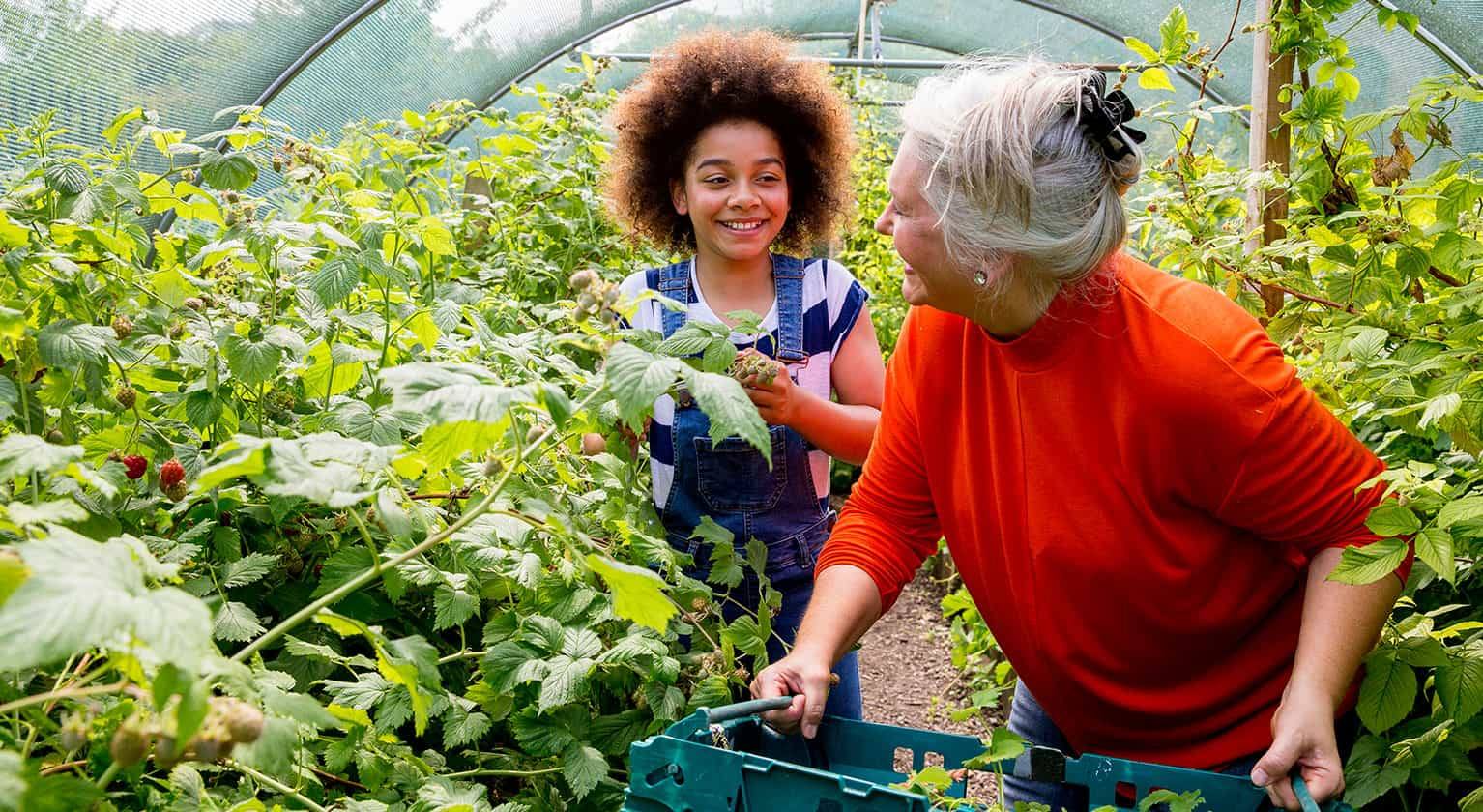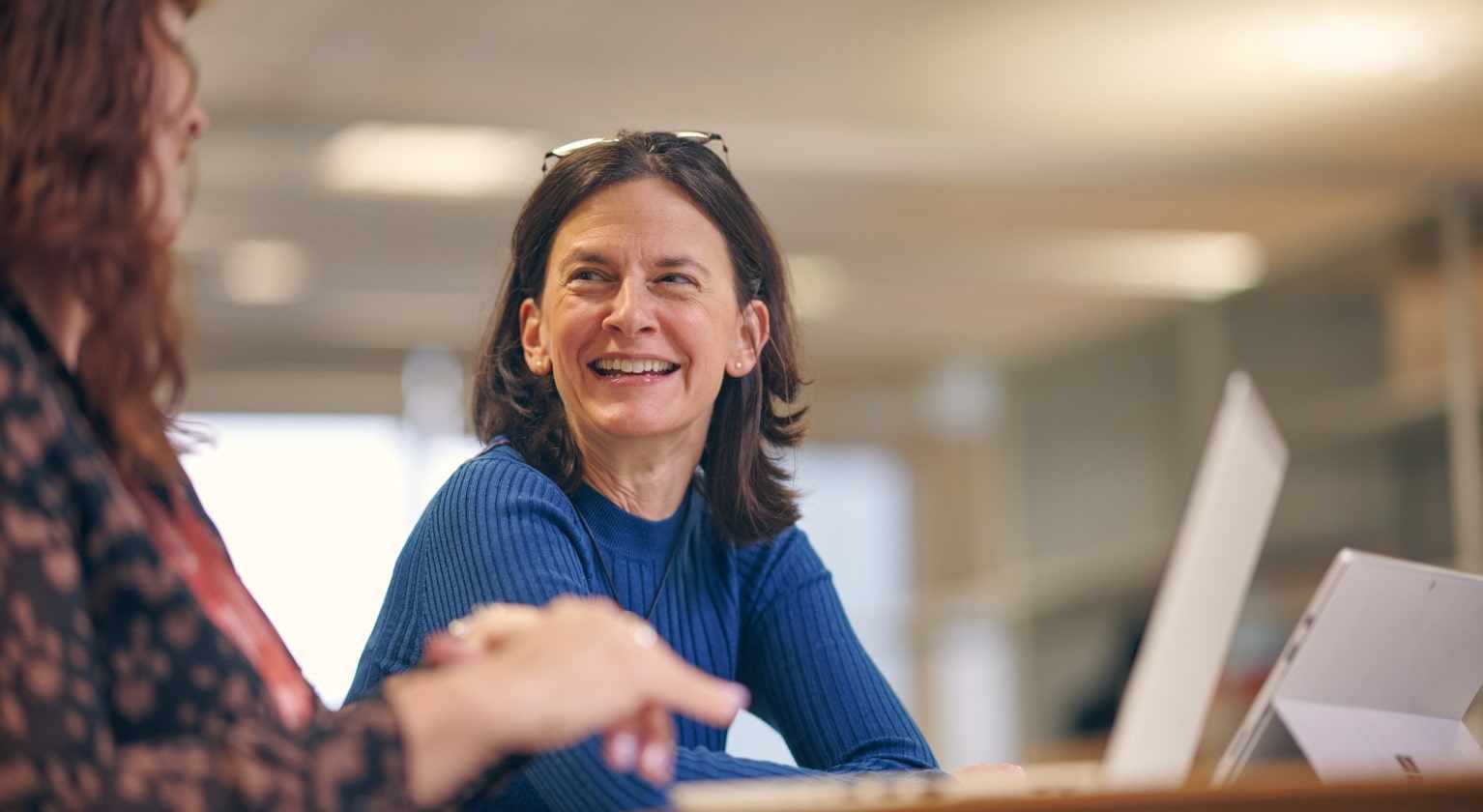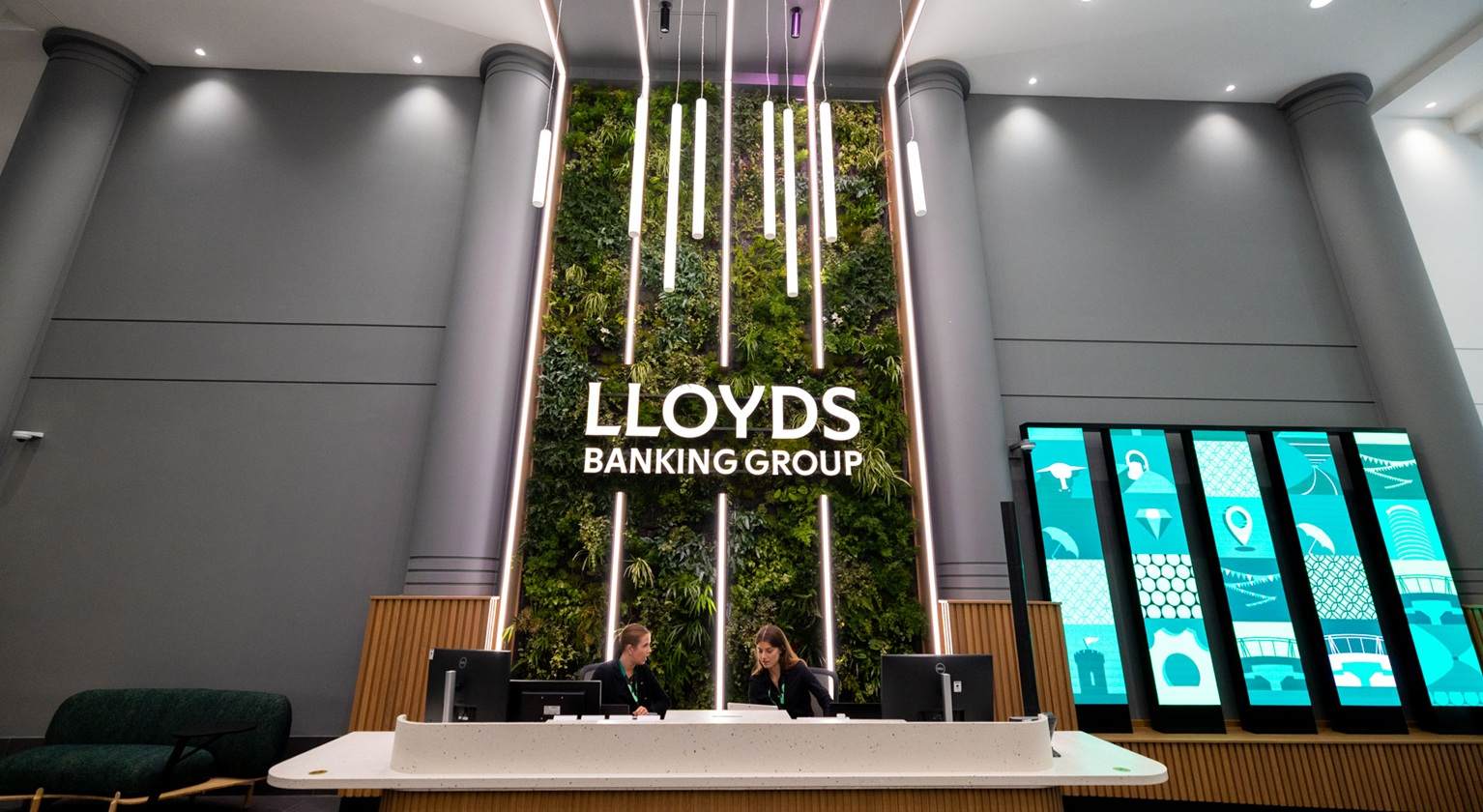Money is an important part of our lives. It can help to look after us – provided we have the tools and know-how to look after it.
The problem is, by not giving younger people the skills and knowledge to properly manage their money early on, parents could be putting them at risk of facing money problems and financial anxiety as adults.
This doesn’t mean that children need to be taught about their finances in a particularly formal way, though. In fact, evidence from the Money Advice Service has shown that children brought up having conversations about money end up being better at managing it when they reach adulthood.
To that end, early conversations around financial education can increase confidence in finances overall. But they can also help remove the taboo association that many adults still have around finances.
While it’s normal to face money worries at some point in your life, at Lloyds Banking Group we want to help ensure that children grow up with enough knowledge and resources around money to be confident and financially resilient.
What do children and teenagers know about money?
According to a recent online survey conducted by Lloyds Bank and using data from YouGov, 21% of parents with children between the ages of 10 and 16 agree that the most important thing to save money for is a deposit for a house, while a total of 10% said education or university.
Moreover, 83% of parents surveyed agreed that the most important lesson for children to learn in relation to money is good saving habits.
Elsewhere, six in 10 identified the increased cost of living as the top challenge for children when it comes to money, and an overwhelming 75% agreed that things are more expensive for children today than when they were younger.














